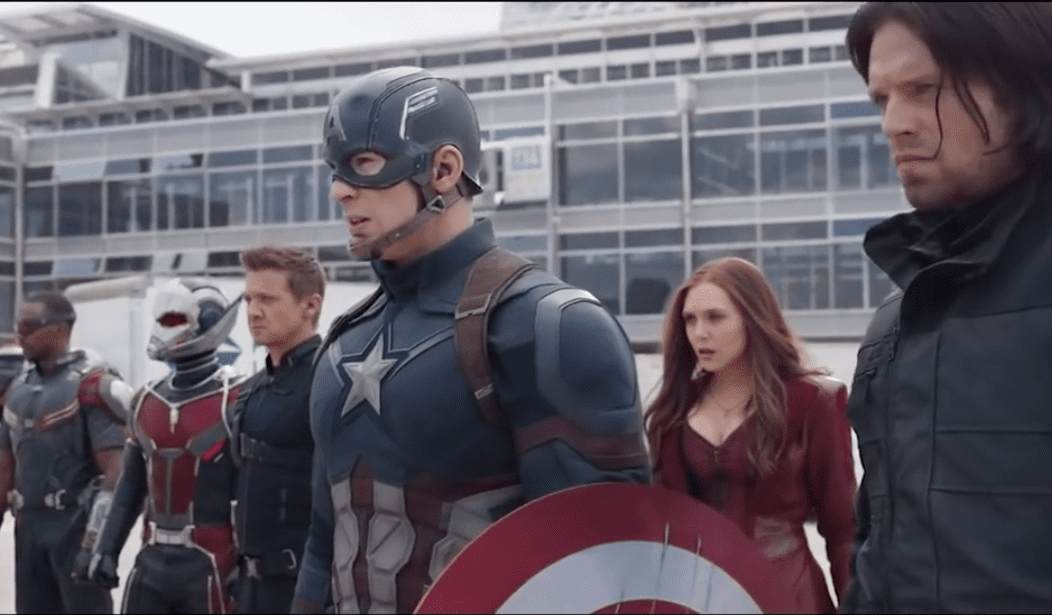At one point, both Warner Bros. Batman v Superman: Dawn of Justice and Marvel Studios’ Captain America: Civil War were slated for release on the same weekend. Eventually, the former opted to move. Even so, given the conceptual similarity of both films and their sourcing from competing publishers, comparison was inevitable.
Dawn of Justice was widely panned and proved a financial disappointment. Civil War, on the other hand, has thrilled both critics and audiences, taking in over $181 million on its first domestic weekend, adding to a $675 million worldwide take earned in just two weeks.
Here’s hoping Warner Bros. takes note. They can glean three quick lessons from a viewing of Civil War which should be applied to future DC Comics films. First:
1. A Film Can Be Both “Dark” and Fun
Civil War deals with some seriously dark themes, including a number of brutal deaths with emotional impact. But the film does not drown its characters, or us, in darkness. Warner Bros. executives have gone out of their way to tell us how serious and unfunny their DC films will be, and Dawn of Justice proved them right. Director Zack Synder’s heavy-handed approach to the material, along with the script itself, didn’t give its characters any room to breathe.
2. We Want Heroes Who Believe in Something
Batman and Superman are nearly unrecognizable in Dawn of Justice, in character if not appearance. The principled vigilante we know from previous films, who fights to rid his city of crime while adhering to “one rule,” is portrayed in this new incarnation as a vicious murdering vigilante with few compunctions or scruples. The all-American big blue Boy Scout, once portrayed in wholesome tones by Christopher Reeve, proceeds riddled with self-doubt and uncharacteristic angst. Worst than these departures from tradition, so little of it proves any fun.
3. Action Can and Should Tell a Story
With the exception of an early scene where the technique fits the tone, Civil War does not rely on the crutch of shaky cameras and quick cuts to compensate for poorly choreographed action. Despite the inherently chaotic nature of several superheroes confronting each other at once, the camera focuses on specific beats which combine to tell a story through the showing. So much of Zack Snyder’s work in both Man of Steel and Dawn of Justice amounts to visual noise and self-indulgent fan service. Snyder forgets to first and foremost tell a good story through the making of a film, rather than simply recreate comic book frames in cinematic form.
On the bright side, director David Ayer has an impressive filmography that suggests his work on the forthcoming Suicide Squad will skew more toward Civil War than Dawn of Justice. Hopefully, we’ll see that sensibility play out as the DC Comics Extended Universe continues to expand.









Join the conversation as a VIP Member